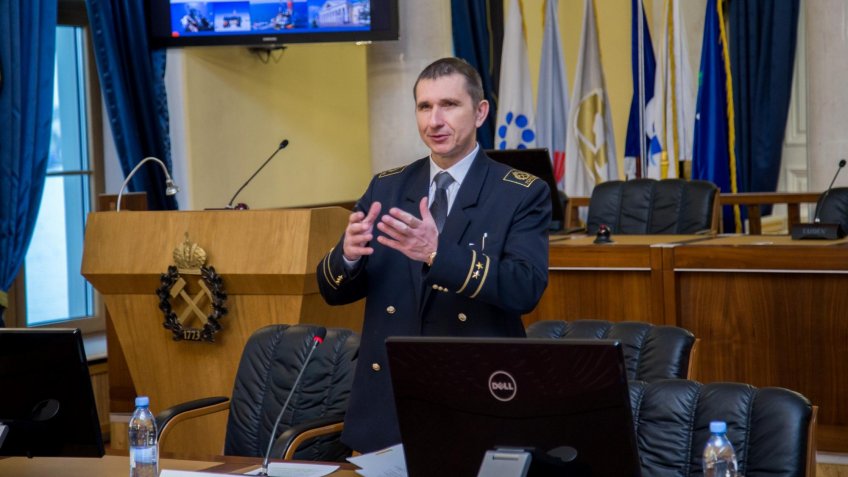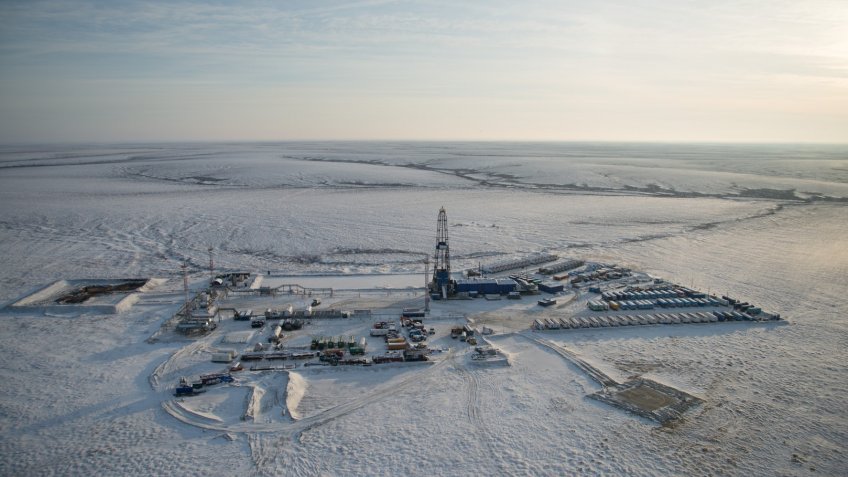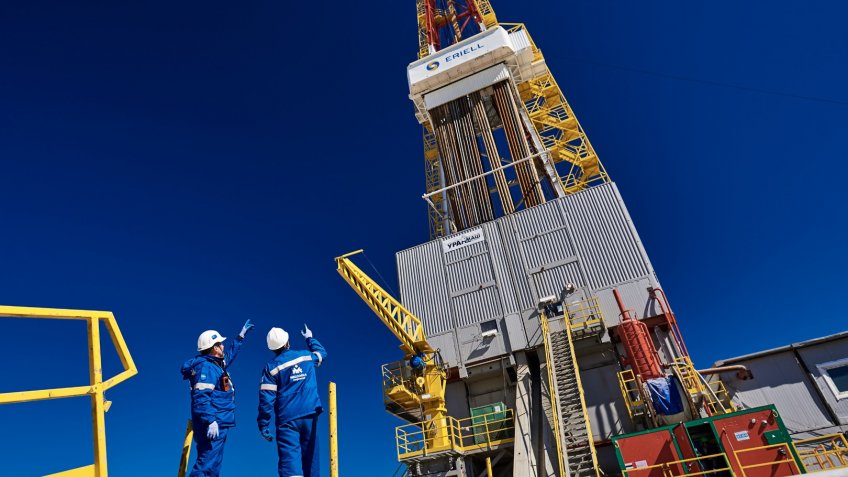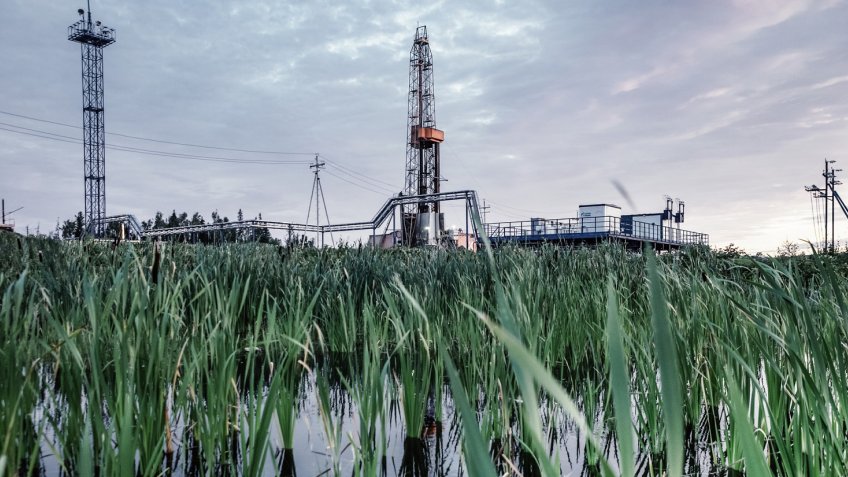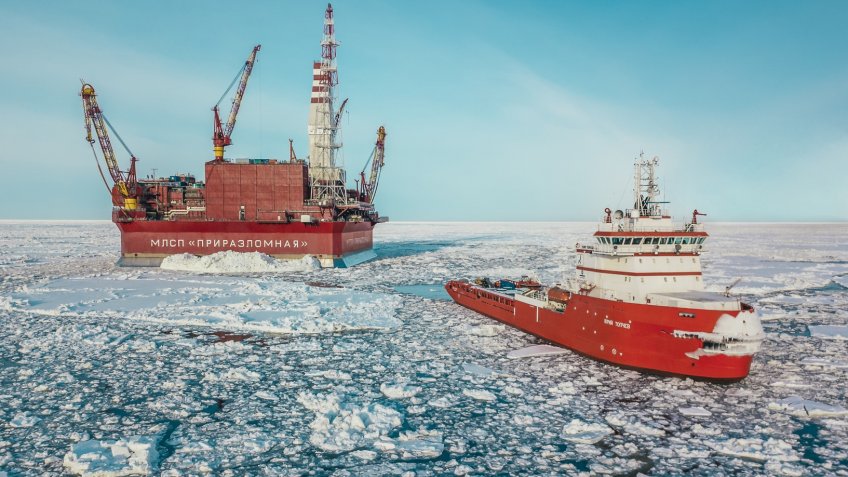
This year oil producer Rosneft has increased volumes of production drilling by 4.5%. As global experts say, Russian oil and gas companies will be forced to increase production volumes even further. As a reason they cite that most of the fields are running out of oil, which means that new reserves are to be developed. "Forpost" decided to ask Mikhail Dvoynikov, the Head in the Department of Drilling at Saint-Petersburg Mining University, a few related questions, such as how much would it cost to drill the new well, as well as if it is possible to make its construction cheaper, thus reducing oil production costs.
Drilling is one of the most expensive operations in the oil field production. Is it possible to reduce its costs and thereby increase the profitability of production by introducing new technologies?
It is almost impossible to avoid the rise of drilling costs, since most of our country's oil and gas fields have already matured. That is basically a reason why we have started developing reserves, which are either difficult to access, for they are located deep down the surface, or in the permafrost region at the Arctic Shelf. Drilling these types of wells could be profitable only if modern and expensive equipment is used, and construction costs may be reduced only if we stop using imported equipment. Both domestic tools and process fluids are of a very good quality. They allow for high drilling efficiency and, with the help of equipment produced by our companies, we can develop the most northern oil fields.
To give an example, complex wells, which are drilled by the world’s leading companies, may cost from 800 million to 1 billion rubles or even more. For instance, Exxon Mobil acts as a General contractor on Sakhalin, and an average well’s price there is about 3.5 billion rubles. However, if the domestic equipment had been used instead, it would have been possible to keep the costs as low as 500 million.
Are the companies ready to switch to Russian analogues? Can they provide the whole range of drilling operations?
Yes, Russian developments have been constantly introduced into production. The only thing we cannot do yet is establish our own highly intelligent rotary steerable systems. At this time they are at the stage of pilot testing, but have not yet entered mass production. Therefore, during drilling we still have to work together with foreign oilfield service companies. I am sure, though, that in a few years from now we will start producing our own rotary steerable systems, and, by doing so, give up using foreign equipment and reduce the well cost.
It was two years ago when specialists of PJSC Gazprom Neft stated that the use of a unique drilling fluid allowed them to reduce time to drill by 10%. Scientists at the Mining University are engaged in formulation of drilling mud compositions. Do these liquids actually affect drilling efficiency that much?
Yes, of course, and that is why oil and gas companies are trying to improve quality of these liquids. For example, Mining University throughout this year has been performing works under three different contracts. Two of those are contracts with LLC Gazprom Dobycha Noyabrsk. We have conducted analysis of domestic drilling fluids for this company. The last contract was signed with the holding company "Tatburneft". According to the contract with Tatburneft, we were developing spotting fluids. As our project was given the green light, in December we begin pilot testing those liquids. If we succeed, production launch of the liquids will be the next step. In the meantime, during the course of the project, our Department will provide the necessary scientific support.
Drilling rigs are becoming more expensive, and drilling complexity of the fields is also growing. At the same time, qualification requirements applicable to engineers have also increased. Are Russian universities ready for changes in educational programs or they do not keep up with realities?
Currently, we are facing the shortage of qualified engineers in the industry. However, this is not a new problem, but rather a result of a transition to 2-level Bachelor-Master academic education. Another problem is a general decrease in popularity of technical professions.
We, at the Mining University, understand that future of mining industry is strongly linked to drilling in the Arctic. This year we have launched a new education programme, called "Drilling oil and gas wells in the shelf area". Those students, who have chosen to enter the study programme, will receive the most up-to-date knowledge and skills in this field.
Of course, it is difficult to prepare a qualified specialist in the field of shelf drilling in just four years, but our department makes every effort to engage students and involve them into learning process. Indeed, students themselves should be also willing to grow professionally, as well as it is also important to have a good mentor, someone who will be able to pass on the experience.
I believe that a newly established International Center of Competence in Mining Education under the auspices of UNESCO will affect the quality of engineering education in the most positive way. It is a right decision to start certifying graduates of technical universities after they have worked in the field for two or three years. In addition to work experience, they should also prove the qualification level and pass the examination, which is hold by internationally recognized professional experts. By having created this system, we will be able to improve the quality of engineering training, in particular of specialists engaged in drilling wells.
